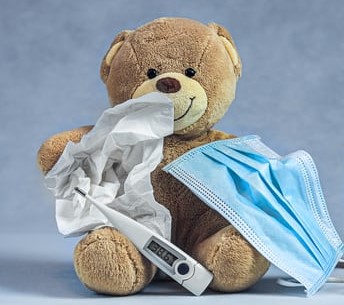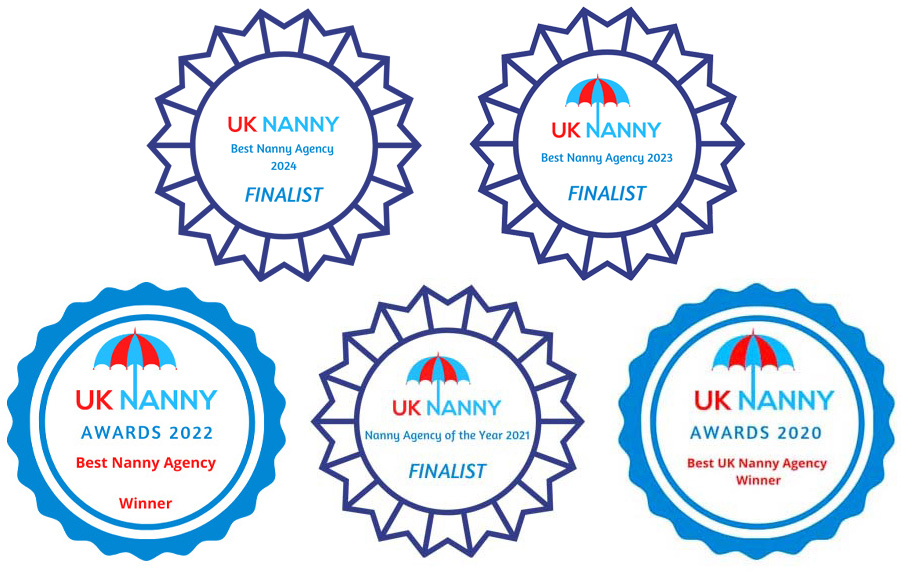Top COVID tips for nannies and families

Top COVID tips for nannies and families
I am receiving lots of questions on what nannies can and can’t/should and shouldn’t do in these COVID times and similarly for families, so I thought I’d put together a brief guide of questions and answers.
I stress that one of the most important things that nannies and families can do is communicate! If this is proving difficult then feel free to call me to discuss.
Let’s start with the essential steps that must be taken to mitigate infection before moving onto pay and sick leave.
COVID-safe working environment for nannies
As a nanny, what should I do before I go to work?
As a family employing a nanny, what should we do before they arrive?
Nannies and families should take their temperatures every day before work/nanny arrival to make sure it’s within normal range. You also need to think about how you’re feeling – do you feel well? Do you have a cough? Have you lost your sense of taste and smell? If you or any member of the family have any COVID-19 symptoms, then consult the NHS Track and Trace app or call NHS 111.
Nannies, when you leave your home, you should sanitise your hands and when you arrive with your family, wash your hands thoroughly. Wash your hands with soap regularly throughout the day and try not to touch your face.
In the home
It’s a good idea to go through these points together, nanny and family, to work out who will do what and which measures are being taken or could be taken.
- Nannies should use a separate toilet and basin to the rest of the family where possible. This should be for the nanny’s sole use. This should have a hand towel which is changed daily – the nanny may want to bring their own each day.
- As mentioned above, the nanny and everyone else in the house should wash their hands regularly throughout the day with soap and water for the recommended 20 seconds. Soap must be readily available throughout the house.
- Nannies and parents should maintain 2m social distancing. Nannies and other adults should avoid being in rooms at the same time e.g. kitchens at mealtimes. If families have a cleaner, then the same rule applies – the cleaner and nanny should avoid being in the same room at the same time.
- Tissues must be available in all rooms to catch sneezes and the used tissue should be disposed of immediately.
- Nannies may prefer to bring their own lunch, crockery and cutlery.
- If possible, outdoor play should be encouraged and if inside, some windows should be open to allow for ventilation.
- If driving the family somewhere or being driven, all adults should wear a mask and, if possible, the passenger seat should be left vacant. Anti-bac wipes and sanitiser should be available for use on the steering wheel, gear stick, car door handles etc.
- Nannies should sanitise or wash their hands before they drive home.
In many cases, a school year group is a bubble and if one person in that bubble tests positive then the year group has to self-isolate for two weeks. This is a grey area when it comes to childcare and there isn’t any clear government guidance. My opinion is that:
- If there are other children in the family that require the nanny’s care, then the nanny should continue to go to work but should not interact with the child who is self-isolating.
- If there are no other children, then the nanny may not go to work but will continue to be paid. They will return to the family when the period of self-isolation is over.
As this isn’t any government guidance then I would encourage communication between nanny and family to gauge each party’s feelings – respect should be shown at all times to each other’s points of view and preventing the spread of the virus must be a high priority consideration.
What needs to be done at the end of the day?
As a nanny, when you arrive home at the end of the day, wash your hands. It is recommended that you remove clothing straightaway and put it in the wash. Clean clothes should be worn daily.
At the end of the day, the family should sanitise frequently touched surfaces such as door handles, light switches, kitchen taps, cupboard handles, toys, highchairs etc. It may be preferable to use gloves in certain rooms such as kitchens and then for the gloves to be disposed of afterwards. If this is the case, gloves must be provided.
Live-in nannies
Live in nannies can form part of the family bubble unless there are other circumstances that need to be considered.
COVID symptoms
If a nanny or a family member has COVID symptoms, then different steps must be taken. Let’s have a look at those now.
As a nanny, what do I do if I have symptoms?
If you have symptoms, then you must use the Track and Trace app which will help you work out your next steps with regard to testing.
You must also advise your employer family and anyone else with whom you have been in contact. They too should use the Track and Trace app or call 111 to discover what they need to do next.
What happens to nanny’s pay?
You are eligible for Statutory Sick Pay (SSP) for two weeks starting on day 1 of absence in the following circumstances:
- The nanny has tested positive for COVID-19.
- Nanny has coronavirus symptoms.
- Someone in the nanny’s own household has coronavirus symptoms or has tested positive.
- The nanny has been advised to stay at home by their doctor due to an underlying health condition.
- They’ve been told to self-isolate by a doctor, NHS 111 or by the Track and Trace service.
If a member of the employer family tests positive for COVID-19 or has symptoms, then the nanny should stay at home. The nanny will be paid in full and the family should be tested for the virus as soon as possible. The nanny and family may come to an agreement whereby the nanny runs simple errands for their employers such as shopping and leaves it on the doorstep.
If the tests are negative and the nanny feels well with no coronavirus symptoms, then they can return to work. If the tests are positive, then the nanny should assess their own well-being (look out for symptoms) and they should consider being tested themselves.
What happens if my employer family has been abroad and has to quarantine on their return?
In this scenario, a nanny would stay at home until the quarantine period is over and is paid in full. As previously mentioned, they may run errands for the family and leave shopping on the doorstep, for example.
I echo my sentiments throughout that communication is critical to the success of these arrangements working and to a healthy professional relationship between nanny and family. Please be mindful that people may be suffering from mental health issues such as anxiety in these times.
If you would like to discuss your options, either as a nanny or as a family, please do contact me. I have been reading up on this a great deal and have been speaking to many families so it may be that I can shed some light on what you can/can’t do in particular situations.
Hazel x
